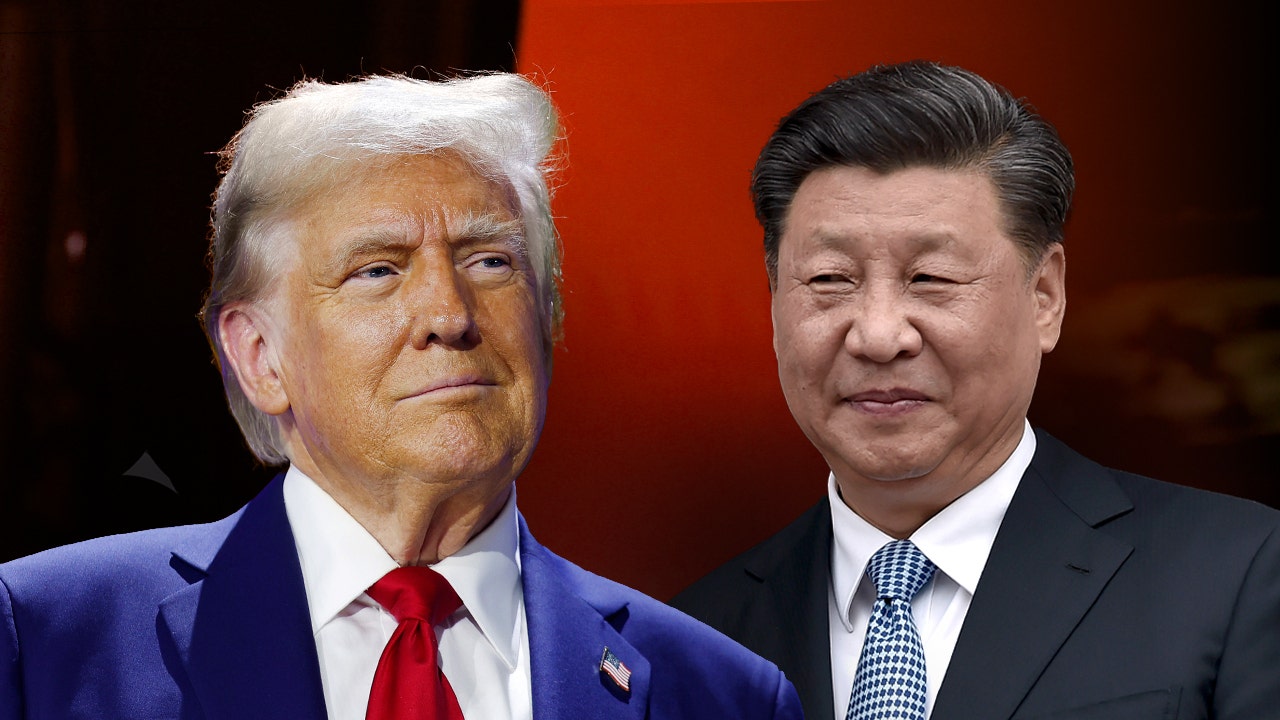Former USAID official warns China is already looking to fill void left by paused programs

The Trump administration’s decision to pause United States Agency for International Development (USAID) funding has raised concerns about China’s expanding influence in the absence of U.S. support. As the U.S. steps back, China has swiftly moved in to fill the void, potentially altering global dynamics.
A former USAID official, speaking on condition of anonymity to Fox News Digital, highlighted China’s quick response to the funding freeze. Reports from Nepal, Cambodia, and Papua New Guinea indicate that China has offered to step in and continue projects that were previously supported by USAID. This move could potentially shift alliances and partnerships away from the U.S. to China.
In Cambodia, China has increased its funding to the Cambodian Mine Action Center (CMAC) following the withdrawal of U.S. funds. Beijing’s pledge of $4.4 million to CMAC surpasses the $2 million received from the U.S. last year. Similarly, in Nepal, China is ramping up its financial support in various sectors as it seeks to expand its influence in the region.
The impact of the funding freeze is particularly concerning for women, who were benefiting from USAID programs aimed at advancing women’s economic empowerment. The Women’s Global Development and Prosperity Initiative (W-GDP), launched by Ivanka Trump, was a key initiative supporting women around the world. However, with the pause in funding, vulnerable populations, including women grappling with HIV/AIDS, are at risk of losing crucial support.
Lilian Achom, a beneficiary of USAID W-GDP programming in Uganda, expressed her concerns for the underprivileged women and children who rely on these programs for assistance. She emphasized the importance of continuing support for women’s empowerment and economic development, urging the Trump administration to reconsider its decision.
While China is stepping in to fill the void left by USAID, it remains uncertain whether they will prioritize programs focused on women and girls. The former USAID official warned that the funding freeze could have far-reaching consequences on women and girls who were benefiting from USAID initiatives.
In response to the White House’s accusations of “waste and abuse” in USAID funding, the State Department has not provided a comment. The White House highlighted instances of funding for projects like electric vehicles in Vietnam, diversity initiatives in Serbia, and tourism in Egypt as examples of misused funds.
As the U.S. reevaluates its international aid policies, the rising influence of China in global development efforts poses a significant challenge. The need for strategic partnerships and continued support for vulnerable populations, particularly women and children, remains critical in navigating the changing landscape of international aid.




